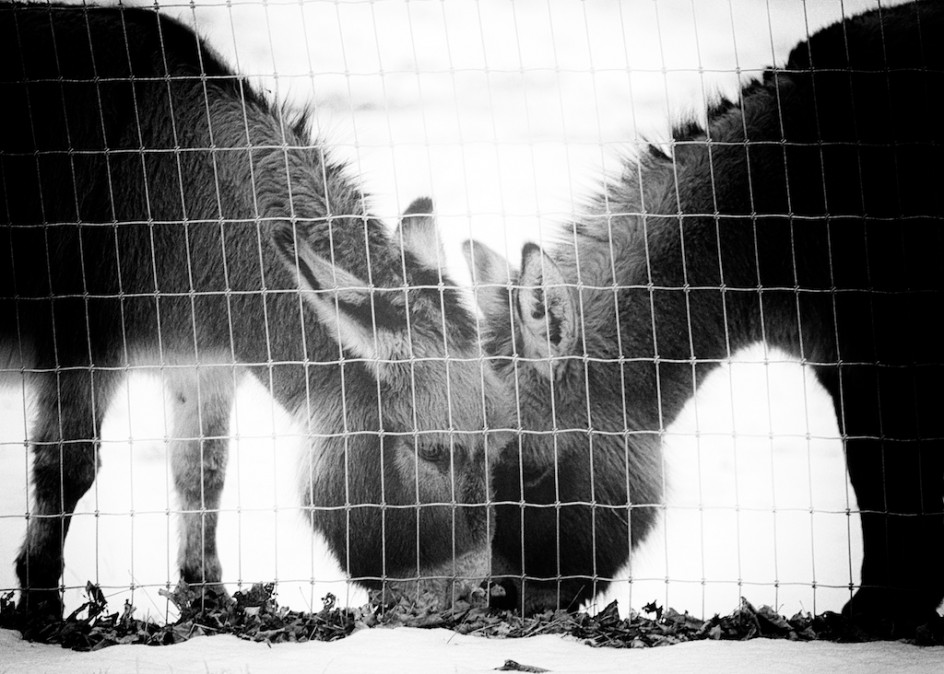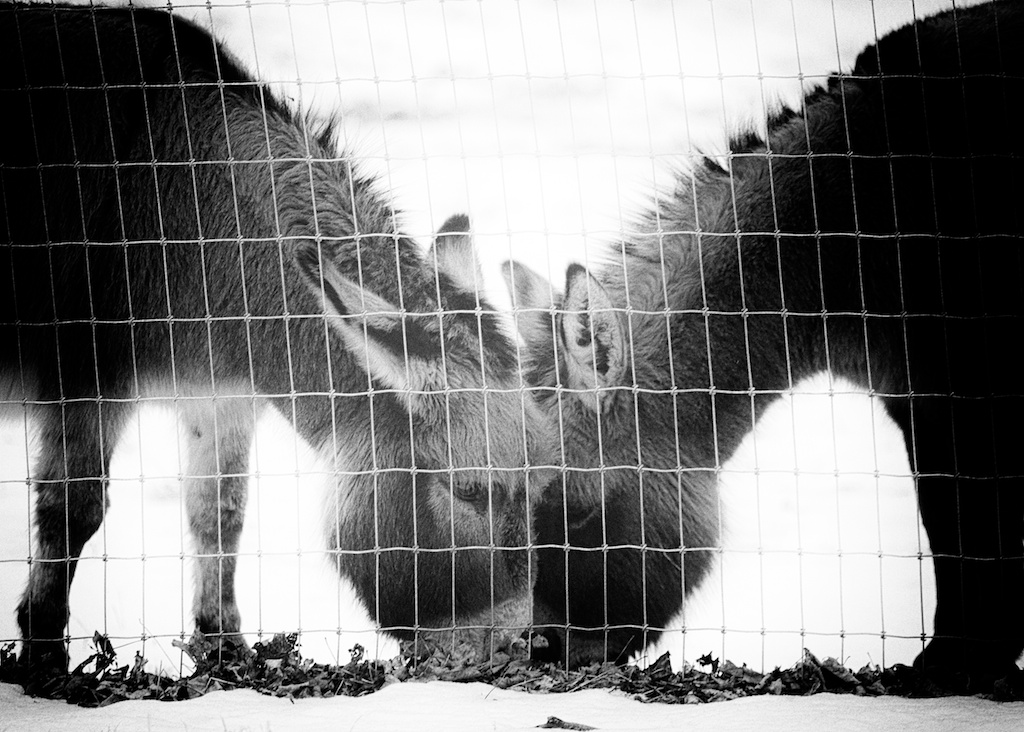
Maria and I saw the movie “The Life Of Pi” last night at our favorite theater, a funky little cinema in Bennington, Vt. We both loved the movie. It is the story of a precious 16-year-old Indian boy, Pi Patel caught in a shipwreck and stranded on a lifeboat with an orangutang, a hyena, a giraffe and his co-star, an untamed Bengal Tiger named Richard Parker. It is a gorgeous film, beautiful shot and wrenching to see.
The real theme of the movie is the human-animal relationship, and how it is clouded and shaped by the true nature of people and the real nature of animals. The movie has been criticized because the animal portrayals are not all cute and happy. Animals in the real world hunt and kill one another, and so do human beings. At one point, Patel’s father cautions him about animals, and say we can see a mirror of ourselves in their eyes and souls.
This is not the kind of story that is normally popular when it comes to animals. Nobody meets on the Rainbow Bridge to cuddle for eternity. The movie reminds us that animals do not live in a no-kill world in their natural lives. It goes without saying that human beings can’t seem to stop killing one another in wars, genocides and other crimes, even when their survival does not depend on it, as is the case with animals. I couldn’t help but think of the Rocky-Simon story and the very painful ways in which I was reminded that Simon is not an endearing cute and grateful rescue spirit, but an animal who will try and kill any other animal that threatens him and his herd.
“The Life Of Pi” is not brutal, it is lyrical. It is intense, a gifted writer’s (Yann Martel) powerful story about love, endurance, reality, and faith. It is also story about the way we need to see animals and what we can learn from them. I won’t spoil the ending here, but it was brave and insightful. Highly entertaining as well. In my time with animals, this is what I learn again and again. We can project all we want about separation anxiety, grief and attachment and jealousy, we can emotionalize and medicate, anthropomorphisize and glorify, but to love animals is to accept their nature and respect them for it.
They are not, after all, what we need them to be, but what they truly are. They are not like us.

